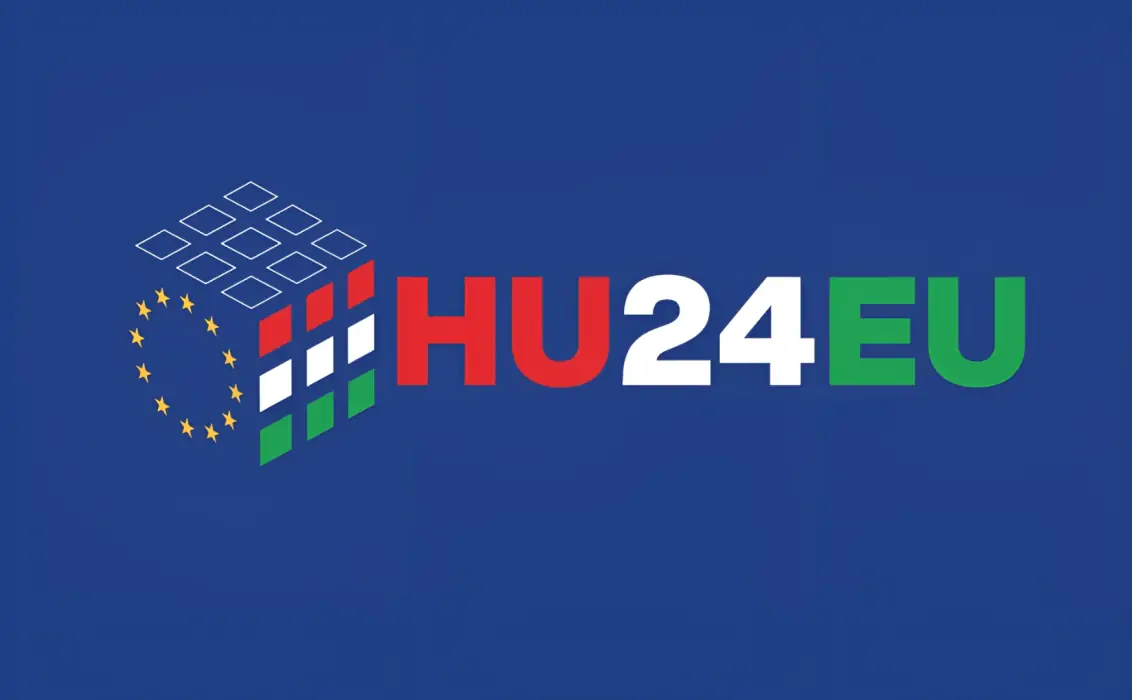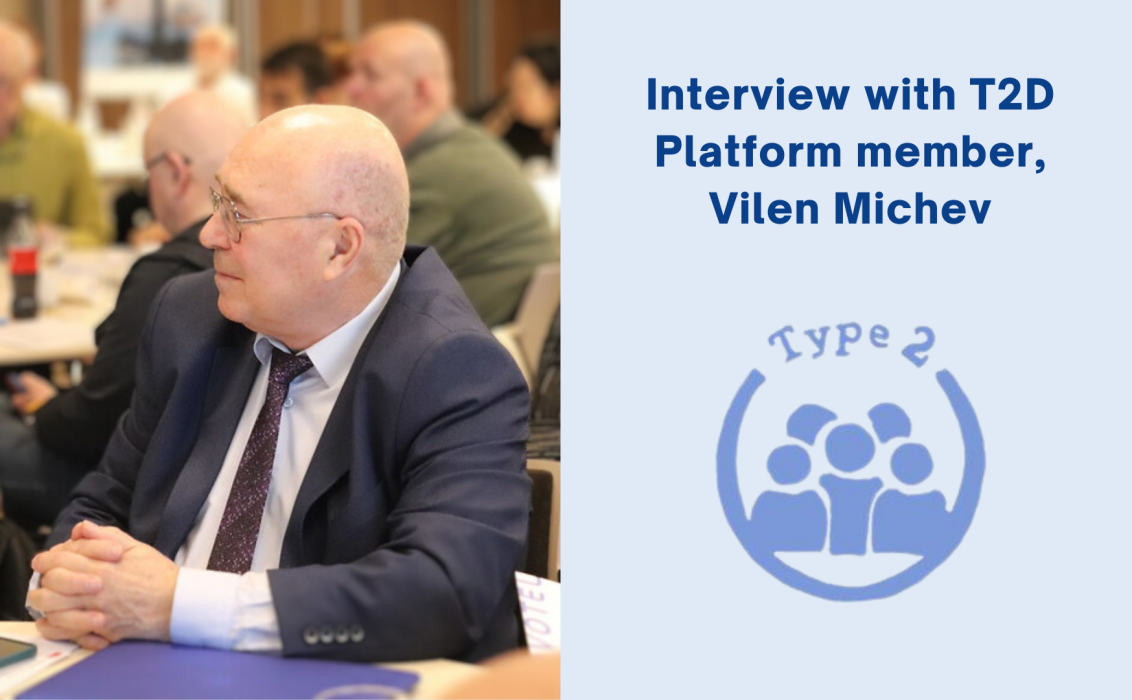In July 2021, WHO/Europe released a report on how to improve the transparency of markets for medicines and other health products. Titled What is the evidence on legal measures to improve the transparency of markets for medicines, vaccines and other health products (World Health Assembly resolution WHA72.8)?, the report is based on a scoping review of 50 publications and presents an overview on the implementation of transparency measures in the WHO European Region. The report was prompted by the debate over the respective roles of the public and private sector in the development of the COVID-19 vaccines.
According to the report, price transparency and greater transparency of research and development costs will enhance the transparency of markets. For example, greater price transparency of medicinal components could equip payers with the necessary information to negotiate lower prices from manufacturers and improve market inefficiencies resulting from information asymmetry. Policymakers could also gain access to more comparative tools to identify whether price hikes are excessive and pass the necessary legislation to halt disproportionate price differences between the net price and pharmacy retail price. More clarity on the R&D costs can also help with setting fair prices for medicines and determining when R&D investments have been recouped, thus leading to greater market transparency and more informed decision-making.
Currently, the high price of certain medicines prevents some individuals in need from accessing vital medicines or leads to patients having to pay ‘out of pocket’, significantly increasing existing inequalities in access to care. For governments, the high cost of medicines represents a substantial burden on health budgets and can lead to some less healthy population groups. This in turn, jeopardises healthy ageing and negatively affects countries’ productivity.
For many of the 59 million people living with diabetes (PwD) in Europe (one in 11 adults), access to care, supplies, technologies and medicines often only comes at a cost or is a function of where they live. A pre-requisite to ensuring optimal health outcomes for PwD and many other conditions lies in the accessibility and affordability of medicines and other health products throughout their life course. The high costs of medicines and a lack of transparency over many aspects of the markets for pharmaceuticals not only jeopardise patients’ access to essential care but also prevent robust decision-making at the political level.
In this context, IDF Europe welcomes the Oslo Medicines Initiative on ‘better access to effective, novel, high-priced medicines – a new vision for collaboration between the public and private sectors’. This WHO/Europe-led initiative was developed in collaboration with the Norwegian Ministry of Health and Care Services and the Norwegian Medicines Agency. The Oslo Initiative will provide a neutral platform for the public and private sectors to jointly discuss the most effective ways to deliver innovative and affordable medicines to patients. A series of webinars and technical sessions are taking place throughout 2021 to gather insights from relevant stakeholder groups across Europe. The meetings are supported by background documents on solidarity, transparency and sustainability of relations between governments and pharmaceutical companies. A final in-person meeting is expected to take place in June 2022. It will present a new vision for improved access to novel medicines in Europe.
For the diabetes community, a renewed focus on the transparency of markets for health products and the ensuing Oslo Initiative are of utmost importance. The interest of patients must be considered during procurement practices and when assessing options relating to the pricing of medicines. The impact of the public and private sector collaboration in this area holds huge implications both for the individual health outcomes and the long-term economic sustainability of Europe.



